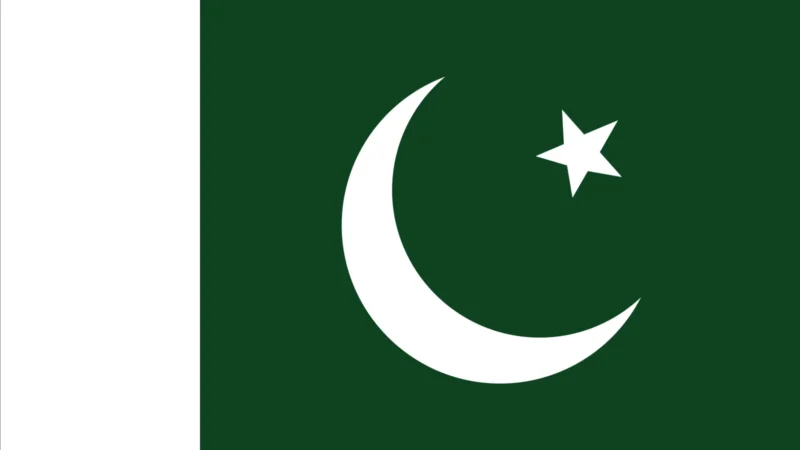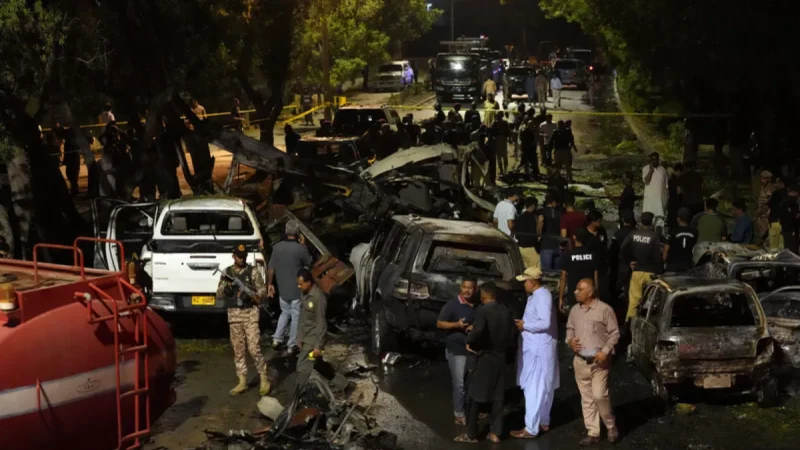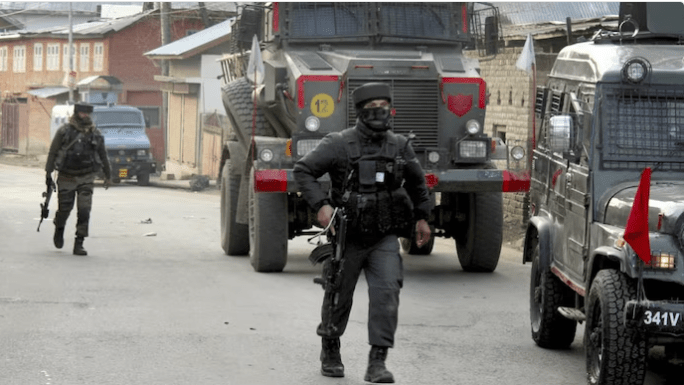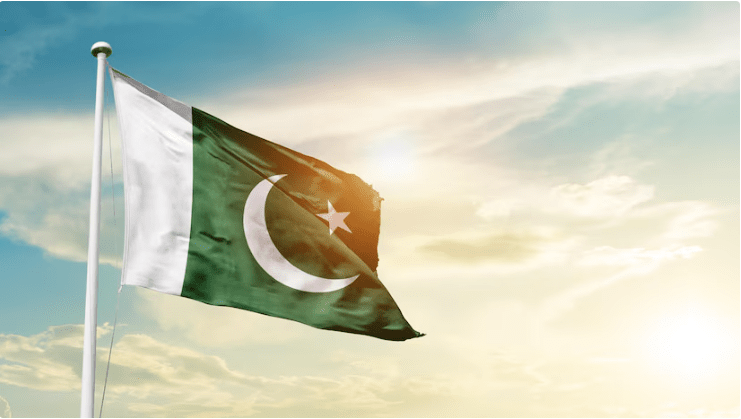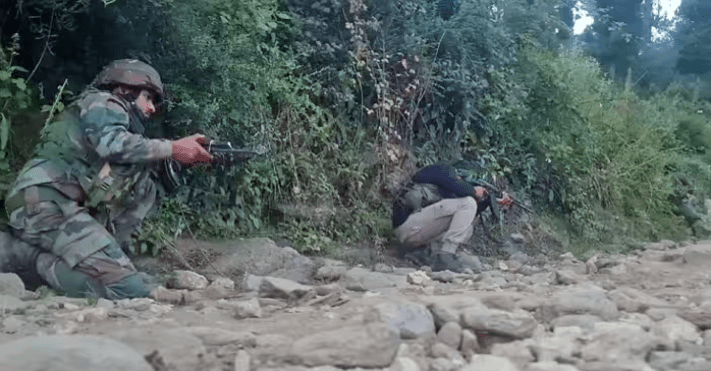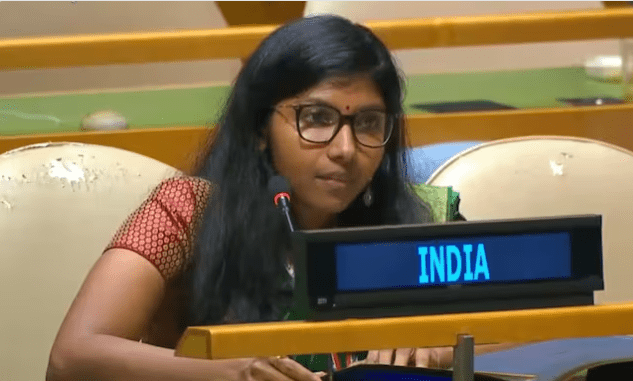Pakistan Army Owns a State: Military Control Over National Resources
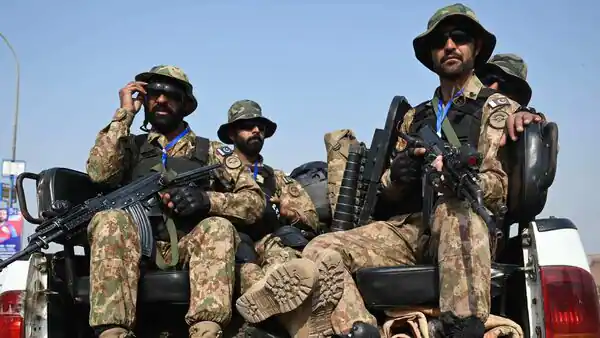
Pakistan is generally included in most discussions of ‘failing states’ that pose the maximum danger to global security, caused by decades of systemic corruption by the primary wielder of state power i.e., the military establishment.
When formal forms of control become untenable due to legitimacy and/or functional constraints, the military turns into a Janus-faced institution, visibly acting as a formal state organ while invisibly protecting its institutional interests through informal mechanisms. Through various domestic and international events Pakistan’s military leaders have taken advantage of several foreign and domestic events to stay in power, even when democratically elected civilian governments were ruling. The actions and decisions of military rulers have institutionalised pervasive corruption in Pakistan. And since the 2018 elections, a decade after leaving formal political office, the Pakistani military has asserted greater control over civilian government.
There are innumerable scandals and sordid stories of the financial bungling, bribery, extortion, influence peddling by serving and retired generals for personal profit. Pakistan’s military is responsible for the delegitimization of the state and its inability to maintain law and order in the cities, anarchy and uncertainty that deeply engulfed the affairs of the country, besides growing inflation, joblessness and rapid decline in development. But, given the army’s pre-eminent position in Pakistani society, corruption there has rarely been openly discussed.
The corruption was widespread under Pakistan’s military ruler General Zia Al-Haq, who enabled the ISI to flourish under the leadership of General Akhtar Abdul Rahman. The latter saw the intelligence service expand from 2,000 staff in 1978 to 40,000 within ten years, enjoying a billion-dollar budget by 1988. Corrupt politicians and public administrators also grew wealthy on its ever-expanding payroll.
In Pakistan it is typical for a three-star general to retire as a billionaire in Pakistani rupees as the Pakistani state gives concessional plots, both commercial and residential and also huge grants of agricultural land. Officers of other ranks also get the goodies from the state. Paying those enormous pensions is no great hardship either, because the army is the nation’s biggest property developer. Among its large holdings and portfolios is a 35 square kilometre prime seafront zone in Karachi. Several large trusts are also run by the army and assets are counted in billions rather than millions of dollars. And yet corruption has been institutionalised by the Pak military. Former army chief Raheel Sharif was allotted over 100 acres of prime agricultural land on the outskirts of Lahore after his retirement. This was in addition to all his other entitlements while another former Chief and Dictator General Pervez Musharraf built nearly 30 properties, including fancy farmhouses, luxury apartments in the Middle East and London, and houses in Karachi and other Pakistani cities. [1]
In 2022, a leak of data from Credit Suisse, an investment banking firm registered in Switzerland which implicated the ex-ISI chief, General Akhtar Abdur Rahman Khan, again brought to light the extent to which greed and corruption run amok in the Pakistan Army, especially among its Generals. Rahman had reportedly helped funnel billions of dollars in cash and other aid from the United States and other countries to the mujahideen in Afghanistan to support their fight against the Soviet Union in the 1980s.[2] Today General Rahman’s sons are one of the richest families in Pakistan with vast business interests.These leaked documents only touch the tip of the iceberg as far as how much the top Generals of the Pakistan Army skimmed in the name of the Holy War against the Soviet occupation of Afghanistan.
The audit and accountability regulations are rarely applied to the military officials. The activities of politicians are always quite visible but the military do not have sufficient checks and balances, especially over military expenditure. A comprehensive budget of the Pakistan Army has never been presented or debated before the House. In addition, the civilian inspection establishments are not allowed to check the army accounts and even the military officials are not liable to be investigated by the civilian anti-corruption establishment as per situation in Pakistan, and it is quite risky for the media to demand accountability from army officials
In 2002, a National Anti-Corruption Plan was prepared and the National Accountability Bureau (NAB) as the implementing agency was provided with powers of investigation and prosecution to confront corruption. However, since the NAB is under the administrative control of the army and the president who appoints its head, the occupants have mostly been ranked army officers. However, a notable aspect is that army officers and judges are exempt from its application.
The National Reconciliation Ordinance (NRO) issued by former President General Musharraf in October 2007 opened new ways to legalise corrupt practices in Pakistan. The NRO provided immunity to army officials from all charges of corruption which provided an opportunity to establish corruption at institutional level.
Despite revelations of extensive corruption at the highest levels of the army involved running extortion networks and protecting and partaking in smuggling networks in Balochistan, leasing out government properties at extremely low prices and even taking bribes in defence deals. Former Army Chief General Ashfaq Kiyani was instrumental in a multi-billion rupee housing scandal in Islamabad.
Lt. General Asim Bajwa, who was serving as the head of the ISP and advisor to former Prime Minister Imran Khan, was also overseeing the multi-billion dollar CPEC project that links China straight to the Indian Ocean cutting through Balochistan, while he was Quetta Corps Commander. Pakistani journalist Ahmad Noorani published a story backed by many documents posted online that revealed the assets and business operations of family members of Bajwa. Noorani provided documentary evidence of how the recently retired Bajwa’s family- who come from a middle-class family-became very wealthy practically overnight in the U.S. The report revealed details of dozens of Bajwa pizza franchises and multiple companies registered in the U.S., Canada, and the United Arab Emirates. Lt Gen Asim Saleem Bajwa gained notoriety as ‘General Papa Johns’ or ‘General Pizza’ after the expose of how his family had invested tens of millions of dollars in the Papa John’s Pizza chain in the US and his sons were given lucrative contracts.[3]
The International Crisis Group in its report on Asia stated that the regime of General Pervez Musharraf led to an incompetent civil service that was subservient to the military government. A systematic policy was adopted that led to the recruitment of army Generals as civil servants. This included the chairperson of the Federal Public Service Commission (FPSC) who was the principal authority for recruitment and promotion in the civil service. The military government’s ill-conceived devolution plan aggravated an already dysfunctional system. Obsolete rules and regulations and an inflexible ranking procedure in civil and military bureaucracy further weakened the supervision of public servants.
According to Pak analyst and author of Military Inc.: Inside Pakistan’s Military Economy, Ayesha Siddiqa, “the army uses the proclaimed fight against corruption to delegitimize political actors rather than to combat financial mismanagement.”[4] Its top echelons initially promoted Imran Khan because of their discomfort with Pakistan’s traditional parties. There was a conscious plan to weaken the traditional two-party system after the end of Musharraf’s rule, as one former intelligence chief has acknowledged. Political parties are unwilling to publicise the exploitation of national resources by the generals. Ultimately, this is a story of elite capture in which Pakistan’s civil and military leadership are in partnership with each other.
_________________________________________________________
[1] Corruption runs amok among Pakistani Army Generals: Report https://economictimes.indiatimes.com/news/defence/corruption-runs-amok-among-pakistani-army-generals-report/articleshow/90006585.cms?from=mdr
[2] https://economictimes.indiatimes.com/topic/data-from-credit-suisse
[3] The Papa John Pizza scandal and the Pakistani General who ate the crust – New Delhi Times https://www.newdelhitimes.com/the-papa-john-pizza-scandal-and-the-pakistani-general-who-ate-the-crust/
[4] Pakistan’s Army Is Just as Corrupt as the Politicians It Denounces (thewire.in) https://thewire.in/south-asia/pakistan-army-corrupt-politicians

